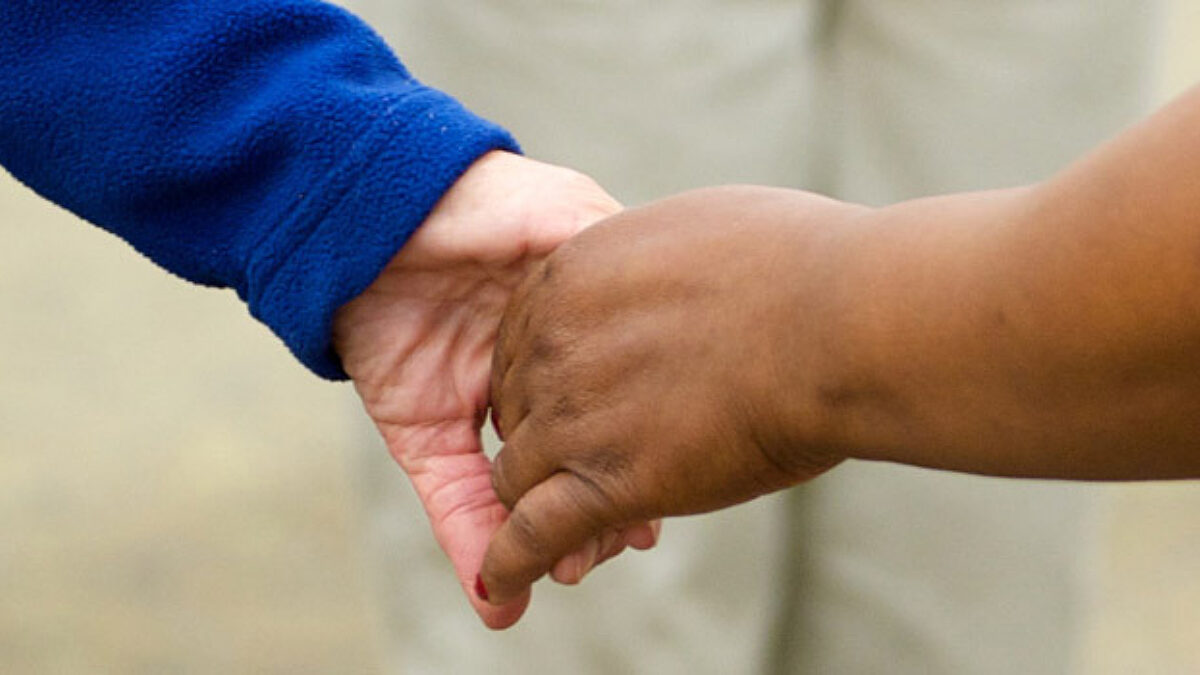
Advocate S.C. Stories of Racial Awakening Project: Narrative 5
Transformation of a racist
By Stephen A. Graham
Editor’s note: The following is the fifth narrative accepted for publication in the Advocate’s new South Carolina Stories of Racial Awakening Project. The Advocate will select as many as 10 narratives to be published in the Advocate, one a month for 10 months. See guidelines, here.
I was born in Florence in 1944. I grew up in a white middle-class family and was, like my peers and the adults I knew, a racist.
If someone had asked me when I was old enough to understand the term “Are you a racist?” I’m sure I would have strongly denied it. But the truth is that I lived in a community whose very existence and survival depended on racial inequality and discrimination. Moreover, I enjoyed a lifestyle and took advantage of opportunities that were available almost exclusively to whites. In fact, one of my earliest memories of the personal impact of racial inequality was being shocked at the possibility that my only sister might marry an African American.
On the other hand, I also remember being disturbed by stories told by coworkers when I was in high school and did summer fieldwork on an agricultural experiment station. One of the boys who lived on a farm and whose family had black tenant farmers related to me how his father habitually read a Christian meditation with his wife and children at the breakfast table and then, once he was outside with his black tenants, swore at and verbally abused them. Such raw hypocrisy was not lost on either of us. My friend knew instinctively his dad’s vile bigotry was wrong and suffered embarrassment that begged to be shared.
As a naïve boy myself raised by overly protective, conservative Christian parents, I felt threatened and disconcerted by such disclosures. Moreover, I knew instinctively that an air of civility and moral rectitude can easily mask dubious and unexamined views at best and entrenched prejudice at worst.
I also remember as if it were yesterday the South Carolina history class I took in junior high. When we studied the Civil War, our teacher did not present an objective account of the conflict. She fought the war, which for her would be more accurately called the War of Northern Aggression waged by vindictive and merciless Yankees against the innocent South that was trying to preserve its customs and traditions. Doubtless today, stories tinged with still-smoldering anger, about women in Columbia hiding valuables in long hairdos to protect them from Sherman’s troops when they burned the city, are passed down from generation to generation.
On the basis of these experiences, God first enlightened my mind and then changed my heart. Through a series of events that at the time I thought were coincidental but know now were providential, I taught for two years in the early 1980s at a small historically black college in South Carolina. There in the classroom among young men and women from rural areas and small towns, I saw the human face of racism. Civil rights became for me not just a subject to be studied or a cause to be championed, but an opportunity to connect with young people whose dreams and hopes for acceptance, accomplishment and approbation were no less real despite having to overcome disgraceful social, economic and educational disadvantages. Although these black students were very poorly prepared and equipped for college in comparison with students from more privileged backgrounds, I genuinely felt somehow God could use me to make a real difference in their lives.
The experience of teaching at a black college in the 1980s continued to impact my teaching at other colleges and universities, first within South Carolina and then for 25 years at the University of Indianapolis, a United Methodist institution. Because of my background with racial issues in South Carolina, I was always sensitive and responsive to the personal needs of all students, regardless of their racial, ethnic or national background.
After retirement, my wife and I moved back to South Carolina in 2012 and joined New Beginnings United Methodist Church, Boiling Springs. In 2015, we were privileged to participate in the Racial Reconciliation Pilgrimage at South Carolina State University in Orangeburg. Also in 2015, my wife and I published “Shattered Dreams: Stories of the South We Knew” (Lighthouse Christian Publishing). One of the stories in the book, the “Wrath of the Lamb,” is a fictional account of the Orangeburg Massacre. This story reflects my enduring passion for racial justice and my hope for spiritual revival and transformation.
Graham, 72, is a white male and a member of New Beginnings UMC, Boiling Springs.